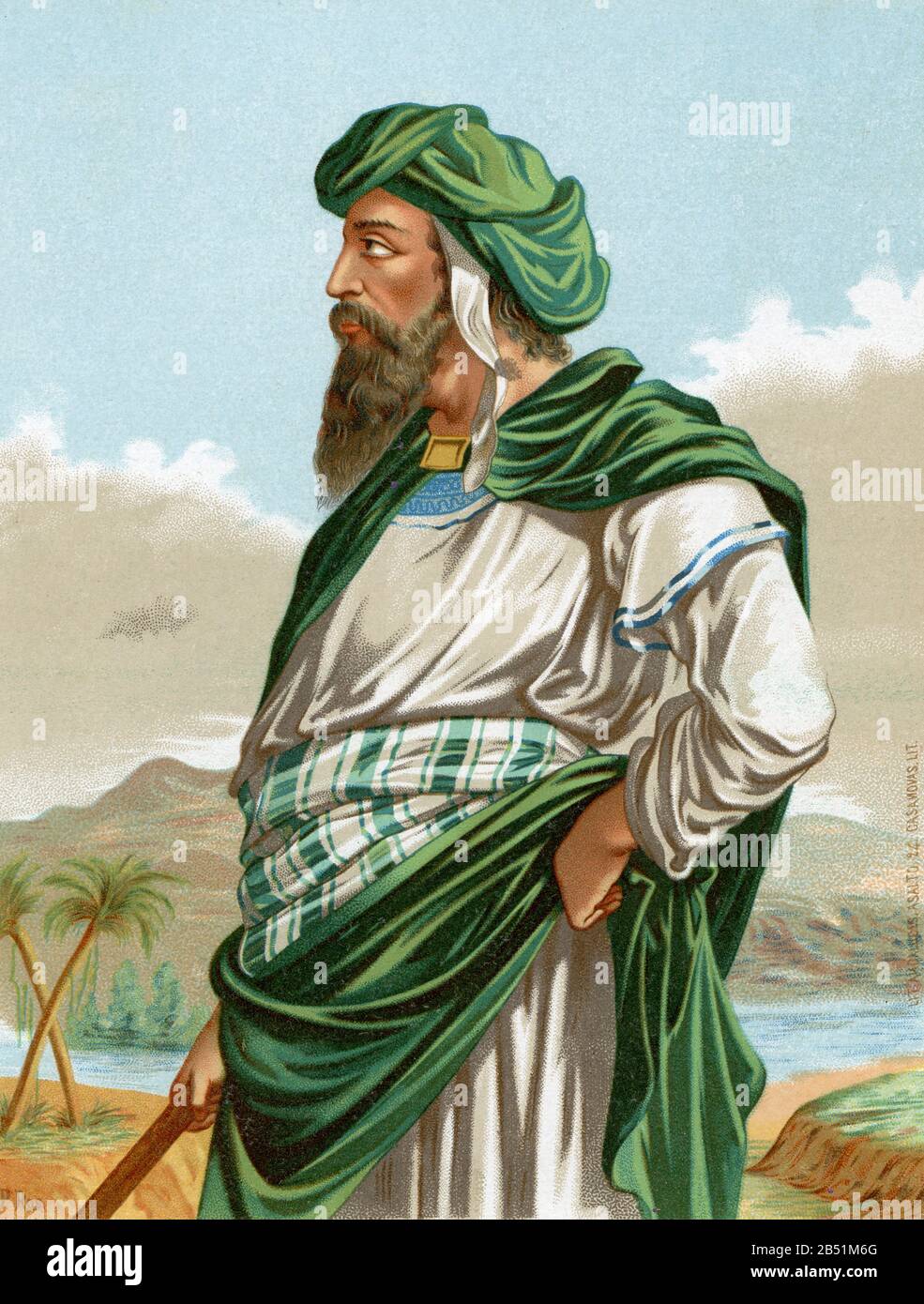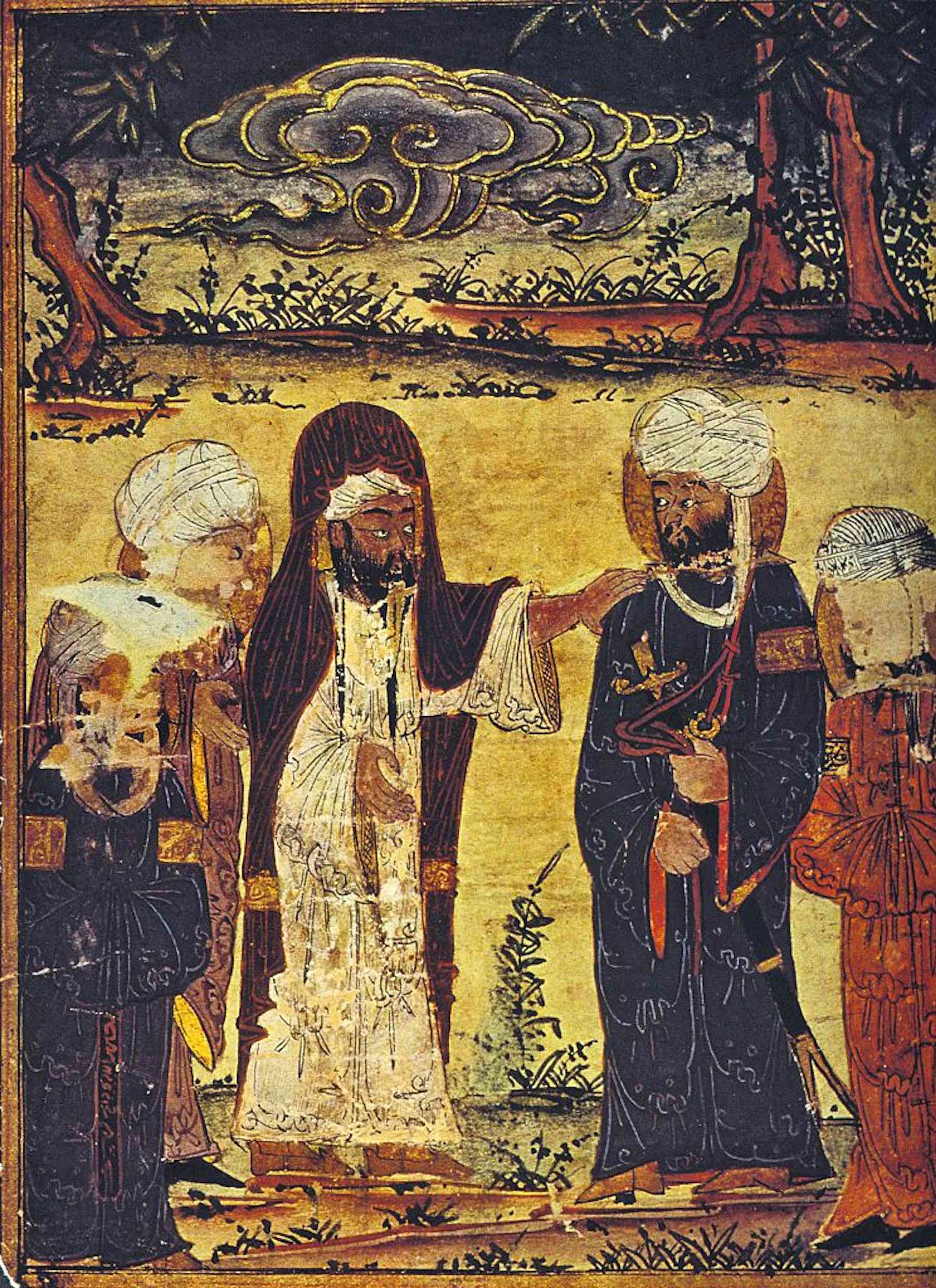Muhammad Ali Net Worth - A Look At His Financial Legacy
Muhammad Ali, a truly celebrated American boxer who had retired from the sport, possessed a financial standing of about $50 million when he passed away. This figure, you know, represents his wealth at the time his life concluded. It is a sum that many people consider quite substantial for someone who dedicated their life to a sport like boxing. Basically, his financial situation was a topic of much interest, even after his active career had ended.
The details surrounding Ali's final wishes, or his will, are not openly known to the public, which is that, a common occurrence for well-known figures. However, it does appear that his overall collection of assets, often called his estate, held a value of roughly $80 million. This higher number, perhaps, accounts for various forms of holdings beyond just liquid cash. So, it's almost as if his total financial picture was larger than just the direct cash amount.
Reports suggest that each of his children was scheduled to receive a portion, specifically $6 million, from his estate. This distribution plan, in a way, shows a clear intention for his family's financial well-being. But, of course, questions naturally arise about the financial provisions for his widow and other legal beneficiaries. This is something that, you know, often comes up when discussing the financial affairs of someone famous.
Table of Contents
- The Life of Muhammad Ali
- Personal Details and Bio Data
- What Was Muhammad Ali's Net Worth?
- How Did Muhammad Ali Build His Net Worth?
- What Happened to Muhammad Ali's Net Worth After His Passing?
- Is Muhammad Ali's Net Worth Still Growing?
- A Champion's Financial Journey
- The Lasting Impact of Muhammad Ali's Net Worth
The Life of Muhammad Ali
Muhammad Ali, a person many call the sportsman of the century, received the affectionate name “the greatest” for good reason. He was, as a matter of fact, a professional American heavyweight boxer, a notable sports figure, and someone who stood up for what he believed in as an activist. His presence in the boxing ring was legendary, where he fought and overcame formidable opponents like Sonny Liston and George Foreman. His abilities in the ring were truly remarkable, showcasing a level of skill and courage that few could match. He wasn't just a fighter; he was a personality that captivated people across the globe.
His life story, you know, goes beyond just the boxing matches. He became an inspiration to people everywhere, bringing hope and a sense of possibility to many. The public Broadcasting Service, PBS, even has pages that explore his life and the lasting effect he had on the world. This shows how widely he was respected and how much his story resonated with a broad audience. His influence, it seems, reached far beyond the confines of the boxing ring, touching hearts and minds in many different places.
There are, in fact, some interesting points in the provided text that seem to refer to Muhammad, the founder of Islam, rather than Muhammad Ali the boxer. For example, it mentions Muhammad, the prophet of Islam, being born in Mecca around the year 570. It talks about him being orphaned and raised by his uncle Abu Talib. It also states that part of this Muhammad's legacy was to end infanticide and establish clear rights for women, and that Islam teaches men and women are equal before God. This part of the text, frankly, seems to be about a different historical figure entirely, focusing on his roles as a merchant, husband, prophet, and leader. It even mentions Medina's pagan, Muslim, and Jewish clans signing a pact at his insistence.
Another section mentions Muhammad, the son of Elijah Muhammad, taking over leadership of the Nation of Islam after his father's death and bringing most of his followers into mainstream Islam. This, again, is about a different person, Warith Deen Mohammed, who was born Wallace D. and was the seventh child of Elijah and Clara Muhammad. Elijah Muhammad, referred to as the honorable Elijah Muhammad, was a key figure in that movement. The text also touches upon Muhammad's religious career, divided into the Meccan period and his emigration to Medina. These details, to be honest, appear to be about figures distinct from the boxing champion, Muhammad Ali. It's important to distinguish between these different individuals when discussing the boxer's life.
Personal Details and Bio Data
While the source text provides limited personal details about Muhammad Ali the boxer, we can gather some key pieces of information. He was, basically, a well-known public figure, and his life was extensively documented. The information we have helps us paint a picture of who he was beyond his financial standing.
| Full Name | Muhammad Ali (born Cassius Marcellus Clay Jr.) |
| Profession | Retired American Boxer, Professional Heavyweight Boxer, Sports Figure, Activist |
| Nickname | “The Greatest” |
| Noted Achievements | Beat Sonny Liston and George Foreman, Sportsman of the Century |
What Was Muhammad Ali's Net Worth?
The financial value of Muhammad Ali at the time of his passing in 2016 has been a subject of some discussion. According to some reports, his financial standing, often referred to as his net worth, was approximately $50 million. This figure, you know, is a widely cited number when people talk about his money. It represents the total value of his assets minus any debts he might have had at that moment.
However, there have been other accounts that suggest his total wealth might have been higher. Some reports indicate that his entire estate, meaning all his possessions and financial holdings, was valued at around $80 million. This larger sum, you know, could include things like property, investments, and other valuable items that are not always counted in a simple net worth calculation. So, there is a bit of a range when it comes to the exact figures being discussed about Muhammad Ali's net worth.
The text mentions that Muhammad Ali had an estimated net worth of $80 million at the time of his death in 2016. This particular figure, you know, seems to be a more comprehensive assessment of his financial situation. It points to a significant amount of wealth accumulated over his lifetime. It's almost as if this number gives us a fuller picture of his financial legacy.
Looking ahead, the text also provides a projection for Muhammad Ali's net worth. It states that his financial value is estimated to be somewhere between $50 million to $80 million as of 2025. This, in a way, suggests that his financial legacy continues to be evaluated and perhaps even grow or fluctuate over time, even after his passing. This sort of ongoing assessment is, you know, pretty typical for the estates of famous people.
How Did Muhammad Ali Build His Net Worth?
Muhammad Ali, as a matter of fact, gathered a considerable amount of money during his life. His wealth came from a few main sources. A significant portion of his money came from his boxing matches, often referred to as fight purses. These were the payments he received for stepping into the ring and competing. Given his status as a top-tier boxer, these payments were, you know, quite substantial.
Beyond his direct earnings from fighting, Ali also made money from endorsements. These are deals where a famous person lends their image or name to promote products or services. For someone as widely recognized and admired as Muhammad Ali, these endorsement deals could be, frankly, very lucrative. Companies wanted to associate themselves with his image of strength, determination, and grace.
Another important source of income for his overall Muhammad Ali net worth was licensing deals for his name and image. This means that various companies or organizations would pay to use his name, likeness, or signature in different products, such as merchandise, video games, or even documentaries. These licensing arrangements allowed his financial standing to grow even when he wasn't actively fighting. It's almost like his fame itself became a source of income.
The text also points out that a good portion of his wealth was connected with property and land, known as real estate, and various forms of financial placements, or investments. This suggests that he did not just spend his earnings but also put them into assets that could potentially grow in value over time. This kind of financial planning, you know, is a smart way to maintain and expand wealth. So, his financial savvy, or acumen, was evident in how he managed his money.
What Happened to Muhammad Ali's Net Worth After His Passing?
When Muhammad Ali passed away, his financial situation, particularly his estate, was valued at around $80 million. This figure, you know, represents the total worth of his assets at that time. Despite any challenges he might have faced during his life, his financial holdings were quite significant. The process of managing an estate of this size can be, frankly, rather involved.
The text mentions that none of the specific details of Ali's will are publicly known. This means that the exact instructions for how his money and property were to be distributed are not available for everyone to see. However, there are indications that his overall estate held a value of $80 million. This suggests a comprehensive assessment was made of all his assets.
Reports did surface, however, about some of the distribution plans. It was indicated that each of his children was scheduled to receive $6 million from his estate. This particular detail, you know, gives us a glimpse into how a portion of his wealth was intended to be shared among his family members. It shows a structured approach to his financial legacy.
Questions naturally arise about the provisions made for his widow and other legal beneficiaries. While the text doesn't offer specific answers to these questions, it highlights a common aspect of estate management for public figures. The distribution of a person's financial value after their death is, you know, a complex process that involves legal considerations and family arrangements.
Is Muhammad Ali's Net Worth Still Growing?
The text provides an interesting piece of information regarding the future of Muhammad Ali's financial standing. It estimates his net worth to be between $50 million to $80 million as of 2025. This projection, you know, suggests that his financial legacy is not static. Even after his death, assets connected to his name and image can continue to generate income.
This continued financial activity often comes from ongoing licensing deals, royalties from documentaries or books about his life, and the management of his existing investments and real estate. So, in a way, his influence and brand continue to create financial value. It's almost as if his legacy has a life of its own financially.
The ability of his estate to maintain or even increase its value over time speaks to the enduring power of his global brand. People continue to be interested in his story, his achievements, and his message. This ongoing interest, you know, translates into continued opportunities for his estate to generate revenue. This is pretty common for the estates of truly iconic figures.
A Champion's Financial Journey
Muhammad Ali's journey to financial success was, you know, tied closely to his extraordinary career in boxing. He was, after all, probably the greatest boxer of all time. His fights were not just sporting events; they were cultural moments that captivated audiences worldwide. The money he earned from these contests formed the base of his financial holdings.
His reputation as "the greatest" allowed him to command significant fees for his appearances and for the use of his name. This meant that his earnings were not just from punching power but also from his immense popularity and the respect he garnered. It's almost as if his personal brand was as strong as his jab.
The text mentions that his wealth came from fight purses, endorsements, and licensing deals for his name and image. These diverse income streams show a person who understood how to leverage his fame beyond the boxing ring. This kind of financial planning is, frankly, very smart for someone in the public eye. He managed to turn his athletic prowess into a lasting financial legacy.
Even with challenges, the value of Ali’s estate was around $80 million at the time of his death. This shows a remarkable ability to maintain and grow his wealth over a long period. The fact that much of his wealth was connected with property and land, and financial placements, suggests a thoughtful approach to his finances. He wasn't just spending; he was building a portfolio.
The Lasting Impact of Muhammad Ali's Net Worth
The financial legacy of Muhammad Ali, in a way, extends beyond just the numbers. It represents the culmination of a life lived in the public eye, a life that inspired millions. His financial standing, valued at $50 million at the time of his passing in 2016, highlights his skill with money matters. This skill, you know, allowed him to build a considerable fortune from his athletic and public life.
His ability to generate and hold onto wealth, despite the physical demands of his profession and the various periods of his life, speaks volumes. It shows that he was not just a powerful athlete but also someone with a good head for financial decisions. The fact that his estate continues to be valued and even projected into the future, you know, means his financial story isn't over.
The article mentions that his wealth comes from various sources, including fight purses, endorsements, and licensing deals. This diversified approach to earning money helped secure his financial future and provided for his family after his death. This is, you know, a lesson in how to manage the earnings from a high-profile career.
Ultimately, the discussion around Muhammad Ali's net worth is not just about the money itself. It's about the financial journey of a person who became a global icon. His financial story, like his life story, offers insights into the opportunities and responsibilities that come with immense fame and success. It's pretty clear that his financial impact was as significant as his impact in the boxing ring.
This article has explored the financial situation of Muhammad Ali, looking at his wealth at different points, how he earned it through boxing and other ventures, and what happened to his assets after he passed away. We also touched on the projected value of his estate in the coming years and considered the broader impact of his financial journey.

Image of prophet muhammad hi-res stock photography and images - Alamy

Prophet Mohammed or Muhammad, circa 570 - 632, founder of the religion

Muslims have visualized Prophet Muhammad in words and calligraphic art